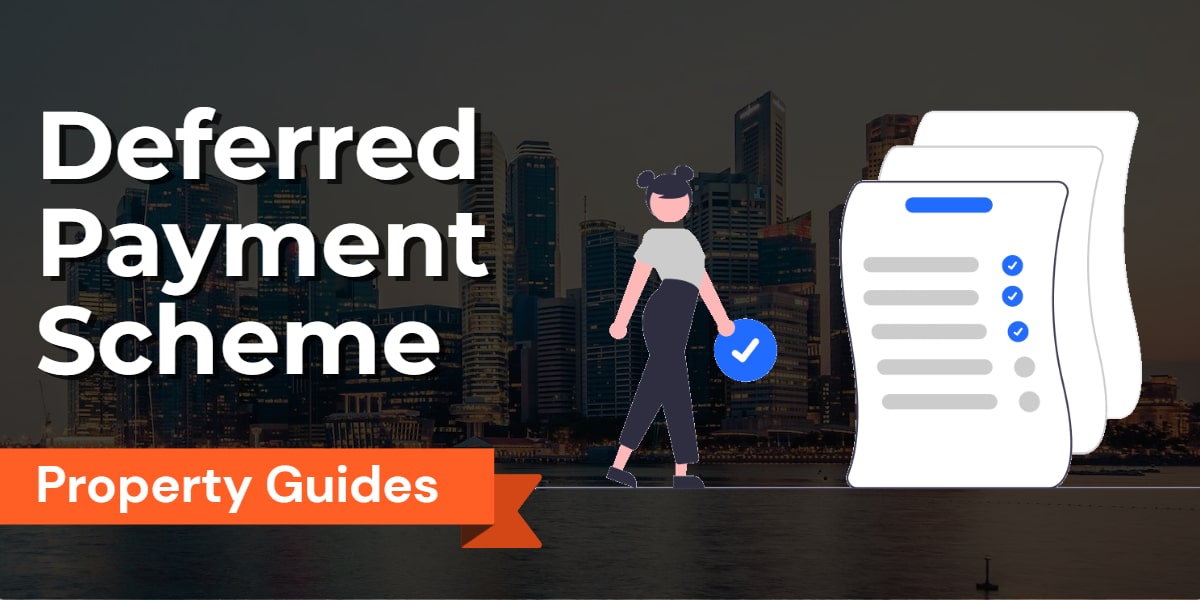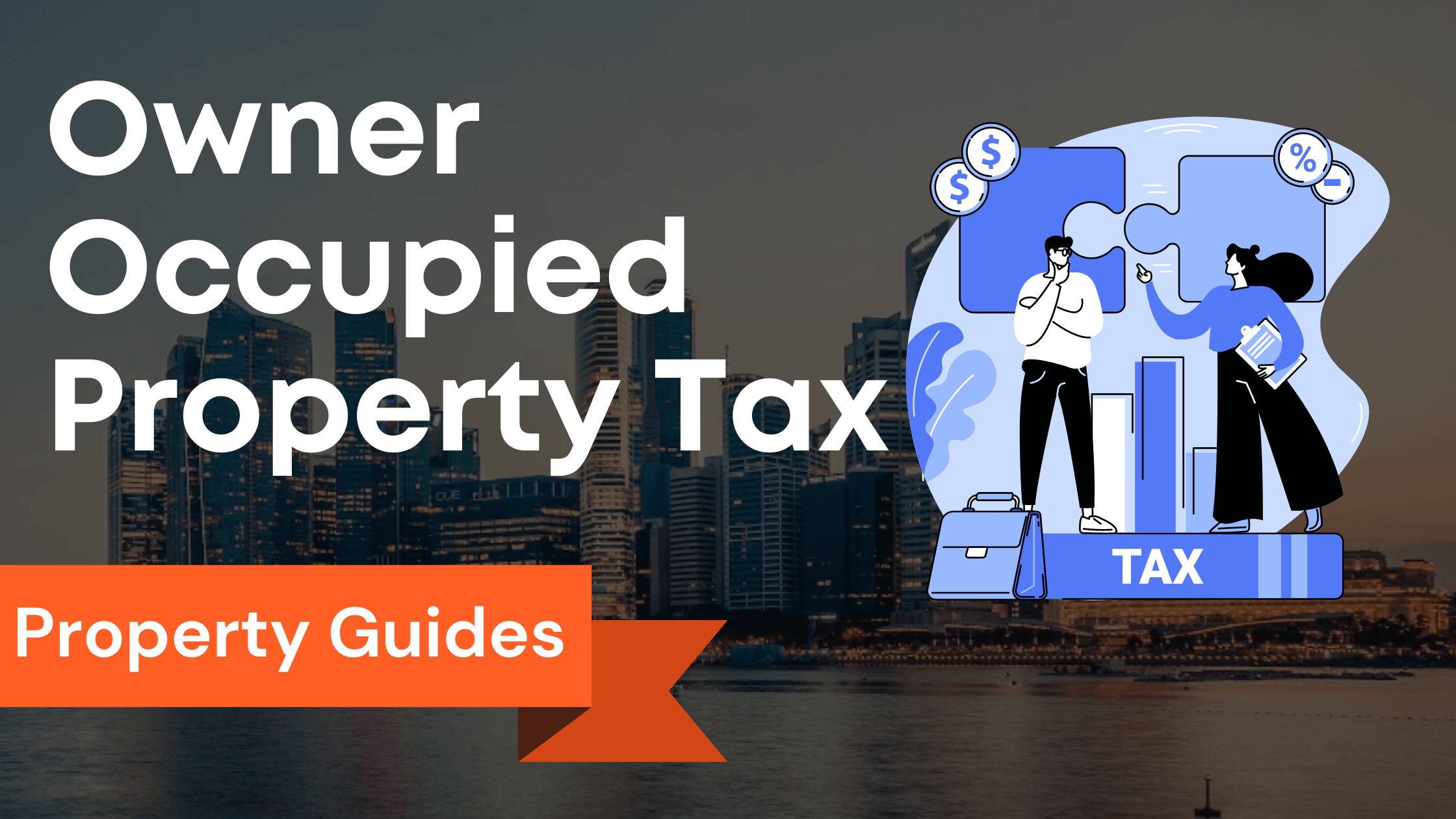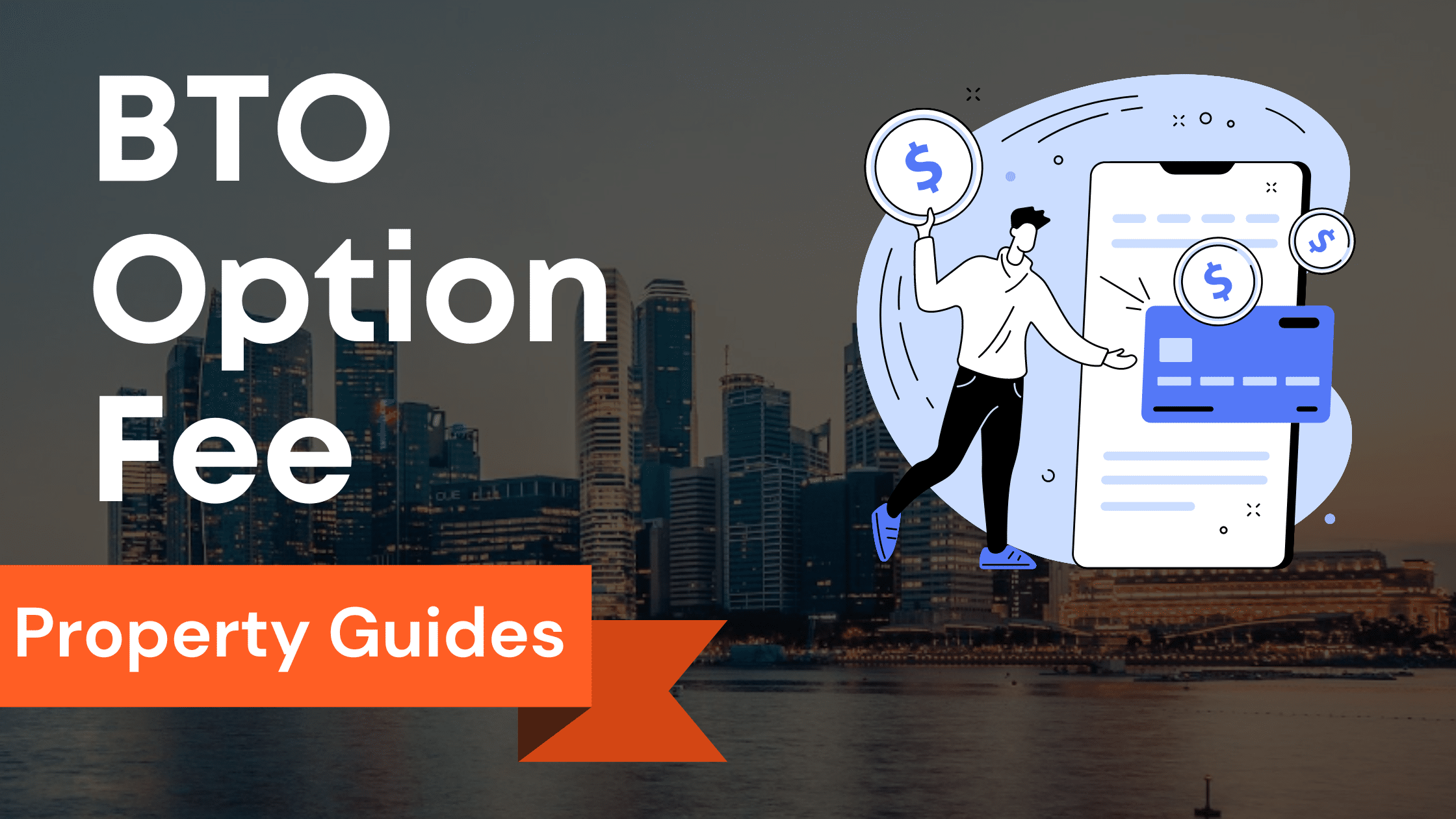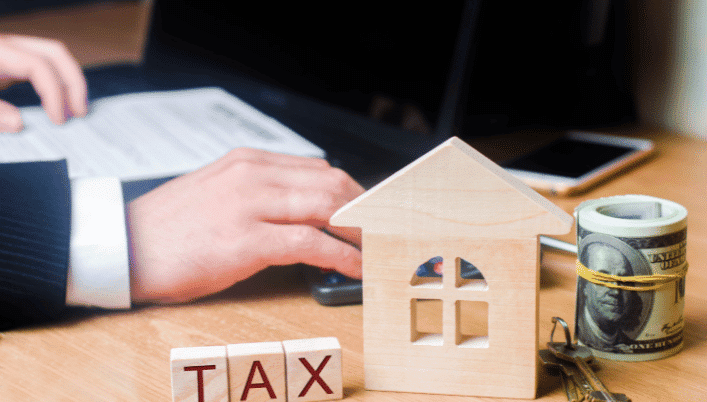
Unravel the mysteries of “How to Pay Income Tax Singapore”! Join us on a captivating journey through the intricacies of taxation.
Discover how it funds vital public services and explore tax planning strategies to reduce your liability.
From personal reliefs to digital payments, we’ll guide you in 100-150 words.
Get ready to ignite your curiosity and embark on this enlightening adventure!
Key Takeaways
- Income tax is a direct tax that individuals and businesses must pay on their income to fund public services.
- Income tax in Singapore is governed by the Income Tax Act and is progressive, with higher incomes subject to higher tax rates.
- Types of taxable income include employment income, rental income, dividends, interest, and profits from businesses.
- Taxable income is calculated by subtracting allowable deductions and reliefs from total income.
- Singapore offers various tax reliefs and deductions to reduce taxable income, such as Earned Income Relief and Parent Relief.
- The Inland Revenue Authority of Singapore (IRAS) is responsible for tax administration and provides taxpayer assistance.
- Taxpayers must file their income tax returns annually by the specified deadline (typically April 15th).
- Non-compliance with IRAS regulations can result in penalties and fines.
- Singapore has tax treaties with other countries to avoid double taxation on overseas income.
- Capital gains derived from the sale of properties or investments are generally not subject to income tax in Singapore.
Understanding Income Tax in Singapore
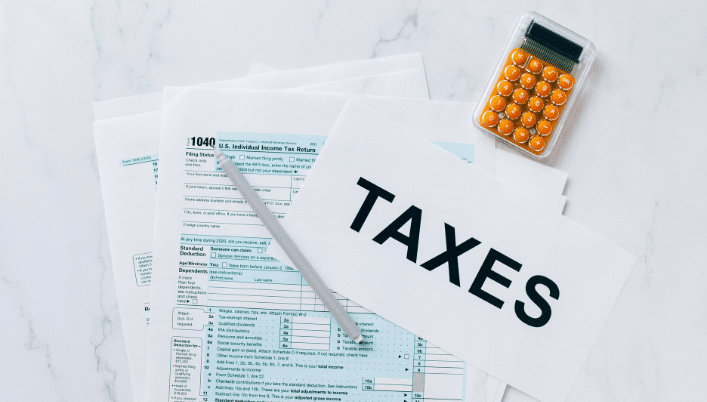
Income tax is a direct tax that individuals and businesses must pay on their income.
It is crucial as it generates revenue for the government to fund various public services, such as healthcare, education, and infrastructure development.
In Singapore, income tax is governed by the Income Tax Act.
The progressive tax system means that higher-income individuals are subject to higher tax rates.
It is important to note that not all types of income are taxable.
How does income tax work in Singapore?
The Inland Revenue Authority of Singapore (IRAS) is the government agency responsible for tax administration.
They assess, collect, and process income tax payments in Singapore.
Individuals are required to file their income tax returns annually, disclosing their income earned from various sources.
The tax payable is calculated based on the individual’s taxable income and the applicable tax rates.
What are the different types of income that are subject to tax?
Income subject to tax in Singapore includes employment income, rental income, benefits-in-kind, dividends, interest, and other gains or profits from any trade, business, profession, or vocation.
It is essential to report all income sources in your tax return accurately.
Personal Income Tax Rates and Taxable Income

What are the personal income tax rates in Singapore?
Singapore’s personal income tax rates are progressive, with higher income earners paying a higher percentage of tax.
Tax residents’ tax rates range from 0% to a maximum of 22%, depending on the income bracket.
For non-residents, the tax rates are higher, with a flat rate of 15% or the prevailing resident tax rates, whichever is higher.
How is taxable income calculated?

To calculate your taxable income, subtract any allowable deductions and reliefs from your total income earned.
Permissible deductions include employment expenses, business expenses, donations, and investments-related expenses.
Tax reliefs are deductions aimed at reducing your overall tax liability.
The IRAS provides detailed guidelines and forms to help individuals calculate their taxable income accurately.
Are there any deductions or exemptions available to reduce the taxable income?
Yes, there are various deductions and exemptions available to reduce taxable income.
Some standard deductions and exemptions include Earned Income Relief, Spouse Relief, Parent Relief, and CPF (Central Provident Fund) Relief.
These reliefs can significantly reduce your tax liability, so exploring all possible options is essential.
IRAS: The Inland Revenue Authority of Singapore
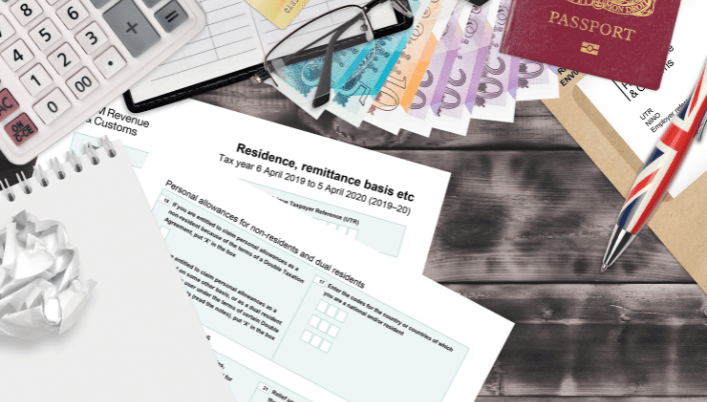
What is IRAS, and what is its role in the income tax process?
The Inland Revenue Authority of Singapore (IRAS) is Singapore’s tax authority responsible for income tax administration.
Its role involves assessing and collecting taxes, providing taxpayer assistance, and enforcing tax compliance.
How can I contact IRAS for inquiries or assistance?
You can contact IRAS through their website, email, or phone if you have any inquiries or require assistance.
They have a dedicated customer service team readily available to help and provide guidance on any tax-related matters.
What are the penalties for non-compliance with IRAS regulations?
Non-compliance with IRAS regulations can result in penalties and fines.
The penalties’ severity depends on the offense’s nature and gravity.
Ensuring full compliance with tax regulations is essential to avoid any unnecessary penalties and legal repercussions.
Filing Your Income Tax Return: A Step-by-Step Guide
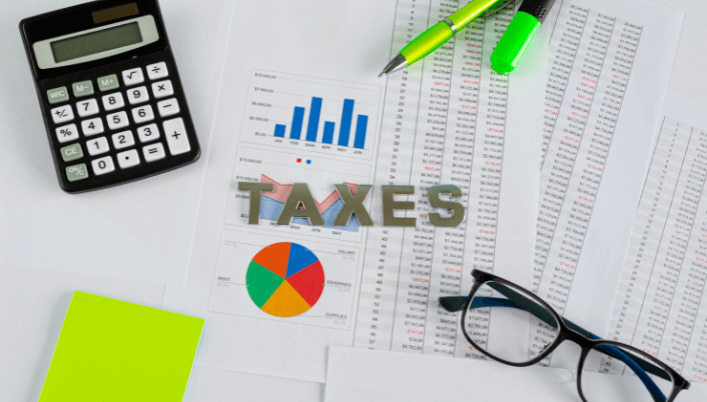
What are the deadlines for income tax filing in Singapore?
The tax filing deadline for individuals in Singapore is typically April 15th of the following year.
However, checking the IRAS website for any updates or changes to the filing deadlines is always advisable.
How do I file my income tax return?
Filing your income personal tax return can be done online through the IRAS website.
The process is relatively straightforward and user-friendly, allowing individuals to complete their tax returns within a few steps.
You will need your tax reference number and other necessary documents.
What documents and information do I need to prepare for filing?
Before filing your income tax return, prepare the necessary documents and information. need to pay tax.
This includes your employment income statements, rental income documents, bank statements, investment income, CPF contributions, and other relevant documents supporting your income and deductions.
Tax Reliefs and Deductions for Individuals
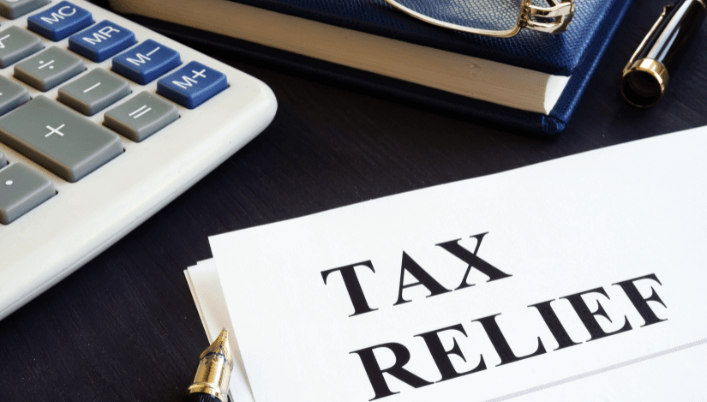
What are the common tax reliefs available to individuals?
There are several common tax reliefs available to individuals in Singapore.
Some substitutes include Parent Relief, Child Relief, Handicapped Dependent Relief, and NSman(Self-employed individuals can enjoy tax relief on their Medisave contributions and receive dollar-for-dollar tax relief for their voluntary cash top-ups to the Medisave account).
How can I claim tax relief and deductions?

To claim tax reliefs and deductions, ensure you meet the eligibility criteria and have the necessary supporting documents.
When filing your tax return, you will be prompted to input the relevant information and claim the applicable reliefs and deductions.
Remember to keep all supporting documents for future reference or audit purposes.
Are there any specific requirements or eligibility criteria for claiming tax relief?
Yes, specific requirements and eligibility criteria apply to each tax relief.
For example, the Working Mother’s Child Relief requires the woman to be a Singapore citizen, have at least one qualifying child, and be engaged in gainful employment.
Reviewing the eligibility criteria and providing accurate information when claiming tax relief is essential.
Tax Payment Modes and Options
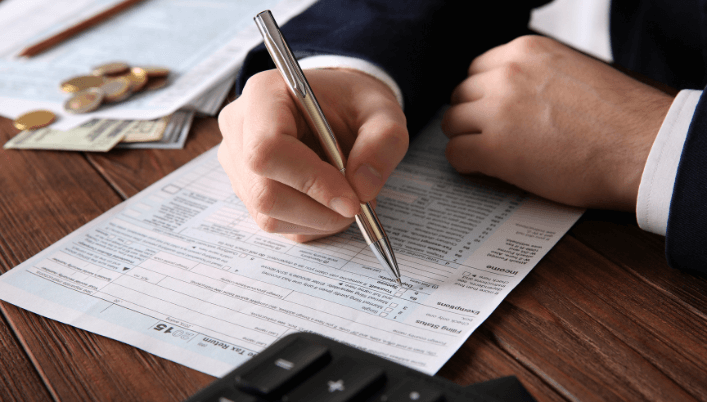
What are the different payment modes for income tax in Singapore?
When paying your personal income tax in Singapore, you have several payment modes.
The most convenient method is to pay online using various digital platforms.
You can also pay through AXS stations, SAM machines, and mail via cheque or cashier’s order.
Can I pay my income tax online?
You can pay your chargeable income tax online through the Inland Revenue Authority of Singapore (IRAS) website.
This convenient option allows you to pay using your credit cards or mobile banking.
It is a secure and efficient way to settle your tax bill without physical transactions.
Are there any alternative methods to pay income tax in Singapore?
If you prefer not to pay your income tax online, you can opt for other methods, such as paying at AXS stations or SAM machines.
These options allow you to pay using cash, NETS, or credit cards. Pay their taxes.
You can also choose to send your payment by mail through cheque or cashier’s order.
Common Penalties for Late or Incorrect Tax Filing
What are the penalties for late filing of income tax in Singapore?
Filing your income tax on time is crucial to avoid penalties imposed by the IRAS.
If you fail to file your tax return by the due date, you may be subject to late filing penalties, calculated based on the amount of tax payable and the number of days of delay.
What happens if I file my income tax incorrectly in Singapore?
If you file your income tax incorrectly, IRAS may reassess your tax return and impose penalties accordingly.
The penalties can include a fine, additional tax payable, and even legal consequences in severe cases.
Therefore, it is essential to ensure the accuracy of your tax return and seek professional assistance if needed.
Are there any exceptions or waivers for late or incorrect tax filing?
The IRAS may consider granting exceptions or waivers for late or incorrect tax filing in certain circumstances.
This typically applies to individuals who can provide valid reasons for their non-compliance.
However, filing your income tax correctly and on time is always best to avoid any potential penalties or complications.
Overseas Income and Its Personal Tax Implications
How is overseas income taxed in Singapore?
Singapore adopts a territorial basis for taxation, which means that only income derived from or received in Singapore is non-taxable income.
Overseas income is generally not subject to Singapore income tax.
However, specific provisions and regulations exist for certain types of overseas income, such as income from overseas employment or rental properties abroad.
What are the tax implications for Singapore residents earning income overseas?
Singapore residents earning overseas income must report it in their tax return and declare it to the IRAS. Income received in Singapore.
The overseas payment will be considered in determining their tax residency status, which can affect the applicable tax rates and reliefs.
Individuals need to understand the tax implications and fulfill their reporting obligations accurately.
Is there a tax treaty between Singapore and other countries to avoid double taxation on overseas income?
Singapore has signed tax treaties with various countries to avoid double taxation on overseas income.
These tax treaties provide relief mechanisms, such as tax credits or exemptions, to prevent individuals from being taxed twice on the same income.
It is advisable to consult with tax professionals or refer to the IRAS website for specific details on the tax treaties applicable to your situation.
Taxation of Rental Income and Capital Gains
How is rental income taxed in Singapore?
Rental income earned from properties in Singapore is generally subject to file income tax.
The payment should be declared in your tax return under the relevant income section.
The net rental income, after allowable deductions, will be subject to tax at the prevailing individual income tax rate.
What is the tax treatment for capital gains in Singapore?
Capital gains derived from selling properties, shares, or other investments are not subject to income tax in Singapore.
However, if you engage in frequent or substantial trading activities, the gains may be considered income and subject to tax.
It is essential to consult with tax professionals to understand the specific tax treatment for your capital gains.
Are there any deductions or exemptions available for rental income and capital gains?
Yes, deductions and exemptions are available for rental income and capital gains in Singapore.
Expenses incurred for producing rental income, such as property maintenance and mortgage interest, can be deducted.
Certain concessions and exemptions may apply for capital gains depending on the nature and duration of the investment.
It is advisable to consult with tax professionals to maximize your allowable deductions and exemptions.
Tax Planning Strategies to Minimize Tax Liability
What are some tax planning strategies to reduce my tax liability in Singapore?
There are several annual tax planning strategies that individuals can utilize to minimize their tax liability in Singapore.
These strategies include taking advantage of personal reliefs, optimizing deductible expenses, leveraging tax incentives, and structuring investments tax-efficiently.
It is crucial to carefully plan and seek professional advice to ensure compliance with the tax regulations while maximizing your tax savings.
Can I take advantage of personal relief to lower my income tax bill?
Yes, personal reliefs are deductions the IRAS allows to reduce your taxable income and ultimately lower your income tax bill.
Personal reliefs cover various aspects, such as education expenses, medical expenses, parental reliefs, and contributions to approved charities.
By utilizing these reliefs, you can effectively reduce your overall tax liability.
Are there any specific tax planning tips for individuals with high taxable income?
Individuals with high taxable income can explore additional tax planning strategies to optimize their tax position.
These strategies include exploring tax-efficient investment options, leveraging tax incentives for specific industries, transferring income to family members within the allowable limits, and maximizing deductible expenses.
However, it is essential to note that any tax planning should be done within the boundaries of the law and in consultation with tax professionals.
Taxation for Self-Employed Individuals and Freelancers
Understanding tax forms for self-employed individuals
If you are self-employed or work as a freelancer, it is essential to familiarize yourself with the tax forms specifically designed for this category of individuals.
The most commonly used format is Form B1, which allows you to declare your income and claim applicable deductions and reliefs.
Calculating and reporting freelance income
When you are self-employed or a freelancer, you are responsible for calculating and reporting your income for tax purposes.
This includes keeping track of your earnings, deducting any eligible expenses, and declaring the net income on your tax return.
Exploring common tax reliefs for self-employed individuals
Self-employed individuals and freelancers may be eligible for various personal income tax relief that can help reduce their taxable income.
Examples of common tax reliefs include deductions for rental expenses, life insurance premiums, and specific allowances related to your business or profession.
Claiming these reliefs can minimize income tax liability and keep more of your hard-earned money.
Taxation for Residents and Non-Residents
Determining residency status for tax purposes
Residency status plays a crucial role in determining your tax obligations in Singapore permanent.
Generally, individuals who spend 183 days or more in Singapore during a calendar year are considered tax residents.
Non-residents, on the other hand, are only taxed on income earned in Singapore.
Understanding the tax obligations of non-tax residents in Singapore
If you are a non-resident in Singapore, you are only required to pay taxes on income earned there.
This includes employment income, director’s fees, and specific income sources from Singapore.
Non-residents are not eligible for certain tax reliefs and are subject to different tax rates than tax residents.
Benefits and considerations for permanent residents paying income tax
Permanent residents in Singapore have specific benefits and considerations when it comes to paying income tax.
They enjoy the same progressive resident tax rates as citizens and may also be eligible for certain tax reliefs available to residents.
Permanent residents must understand their tax obligations and use public benefits to optimize their tax situation.
Taxation of Investment Income and Dividends
How to report and pay tax on investment income
You must report and pay tax remains on these earnings if you earn investment income in Singapore, such as interest, dividends, or rental income.
Investment income is generally assessed separately from your employment income, and you must declare it on your tax return using the relevant tax forms.
Tax considerations for receiving dividends
Dividends received from Singapore companies are generally subject to tax.
However, certain dividends may be exempted under the income tax regulations.
To determine the tax implications of receiving tips, it is advisable to consult the Singapore tax authorities or seek professional advice from a tax expert.
Exploring tax reliefs related to investment income
There are several tax reliefs available for individuals earning investment income.
These reliefs aim to encourage individuals to save and invest for their future.
Examples of investment-related tax reliefs include deductions for contributions to approved pension funds and allowances for investing in specific government-approved investment schemes.
Mobile Banking and Online Payment for Tax Filing
How to use mobile banking apps for tax filing
In the digital age, mobile banking apps have made filing your income tax return more accessible.
Many banks in Singapore offer mobile apps that allow you to access and complete online tax forms, submit your tax return electronically, and even make tax payments directly from your bank account.
Exploring online payment options for income tax
Gone are the days of standing in line to pay your income tax every year.
Online payment options have revolutionized the tax payment process, making it more convenient and efficient.
Singapore offers various online payment options, including credit card payments and electronic funds transfers, to facilitate the amount of income tax.
Benefits and drawbacks of using digital services for tax payment
While using digital services for tax payment offers many benefits, such as convenience and time savings, it is essential to be aware of potential drawbacks.
Cybersecurity concerns and potential technical glitches are factors to consider when using digital services for tax payments.
It is advisable to take necessary precautions and ensure the security of your personal and financial information.
Understanding Tax Forms: Form B1 and More
Overview of different tax forms used in Singapore
Income tax in Singapore involves using various tax forms depending on your circumstances.
While Form B1 is the most commonly used form for individuals with employment income, other states are designed for specific situations, such as rental income, capital gains, and foreign income.
Understanding the different tax forms and their purposes will help ensure accurate reporting and compliance with tax regulations.
A step-by-step guide to filling out Form B1
Filling out Form B1 requires careful attention to detail and accurate reporting of your income, deductions, and reliefs.
To assist taxpayers, the Inland Revenue Authority of Singapore (IRAS) provides a detailed guide on how to complete Form B1.
The step-by-step instructions will help you navigate the form and avoid errors or omissions. Know about personal income tax.
Exploring other tax forms for specific situations
You may need to use other tax forms besides Form B1 depending on your circumstances.
For example, if you have rental income, you must use Form B, while individuals with foreign income may need to complete Form M.
Understanding the requirements and using the appropriate tax form to accurately report your income and claim any applicable deductions or reliefs is essential.
Conclusion
Are you ready to navigate Singapore’s income tax world with confidence and ease?
Understanding income tax is essential, as it directly impacts the revenue that supports vital public services like healthcare and education.
As an expert in SEO and content creation, I’ve crafted this guide to give you all the knowledge you need to master income tax in Singapore.
From how income tax works to the different types of income subject to tax, you’ll understand the process comprehensively.
The Inland Revenue Authority of Singapore (IRAS) assists you every step of the way, making tax filing a breeze.
Plus, you’ll discover valuable tax planning strategies to minimize your tax liability and maximize your savings.
Frequently Asked Questions
Q: Do I need to pay income tax in Singapore?
Q: How much income tax do I have to pay in Singapore?
Q: How do I file my income tax in Singapore?
This can be done online via the IRAS website or through a paper tax return.
Q: Is it mandatory to file tax returns in Singapore?
Q: Can I pay my income tax in Singapore via electronic payment modes?
Q: What should I do if I need more time to file my income tax in Singapore?
Q: What are the types of taxes that I need to pay in Singapore?
What are the personal income tax rates in Singapore?
The rates range from 0% to 22%.
Q: How can I pay my taxes in Singapore?
Q: What happens if I don't pay my income tax in Singapore?
It is essential to fulfill your tax obligations.











